
How do indoor environments impact physical and mental health?
STEM Explained
Learn how temperature, humidity and carbon dioxide make us feel mentally and physically.

Humidity: Outdoors and Indoors
Backgrounders
Learn about the importance of humidity, its sources and how people control it indoors.
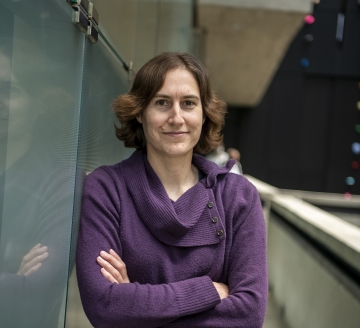
Katie Mack (she/her)
Career Profiles
Hawking Chair in Cosmology and Science Communication
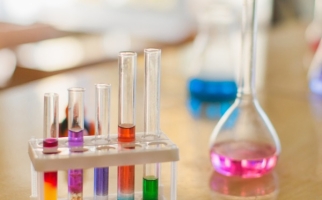
Exploring Physical and Chemical Changes
Lessons
Students observe and classify physical and chemical changes of matter.
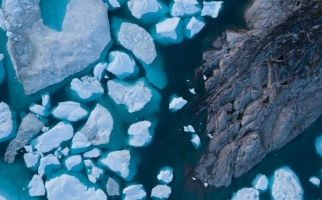
Ice on Earth - The Cryosphere
Backgrounders
Learn about the cryosphere and how it is being impacted by climate change.
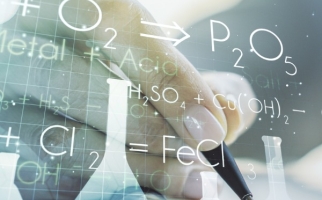
Chemical Equations
Backgrounders
Learn about how to write and balance chemical equations.
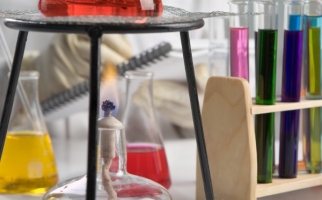
Types of Chemical Reactions
Backgrounders
Learn about the four main types of chemical reactions.
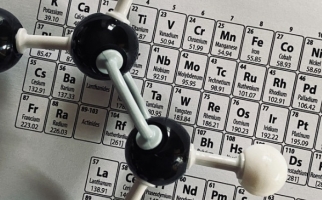
Introduction to the Periodic Table of the Elements
Backgrounders
Learn about the elements of the periodic table and how they are organized.
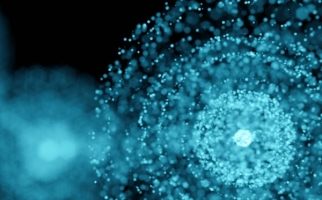
Introduction to the Atom
Backgrounders
Learn about the parts of an atom and its history.
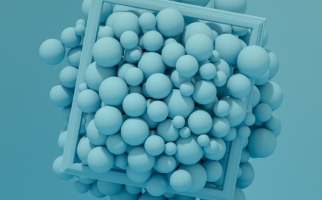
Introduction to the Particle Theory of Matter
Backgrounders
Learn about how the Particle Theory helps us understand matter.
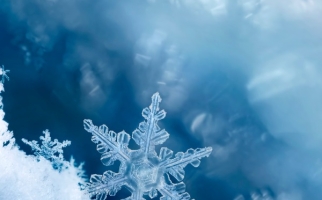
Weather: Precipitation
Backgrounders
Learn about humidity and the many forms of precipitation.
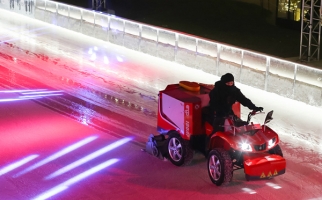
The Hidden Heroes of Hockey!
STEM Explained
Ice Technicians use math and physics in order to keep the ice ready for hockey.
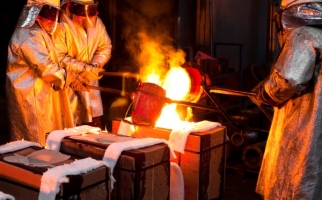
What Causes Hot Things to Glow?
STEM Explained
Getting electrons excited by heat can cause certain materials to give off visible light when heated - like filaments in light bulbs.
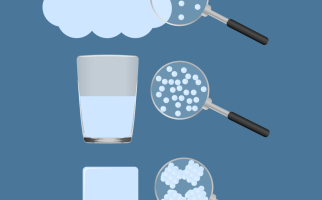
States of Matter
Backgrounders
Learn about the states of matter, as well more about one state in particular - gas!
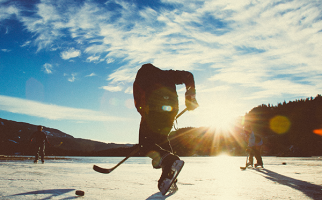
Why Do Ice Rinks Stay Frozen?
STEM Explained
Every ice rink is an example of molecular bonding and gas laws at work!